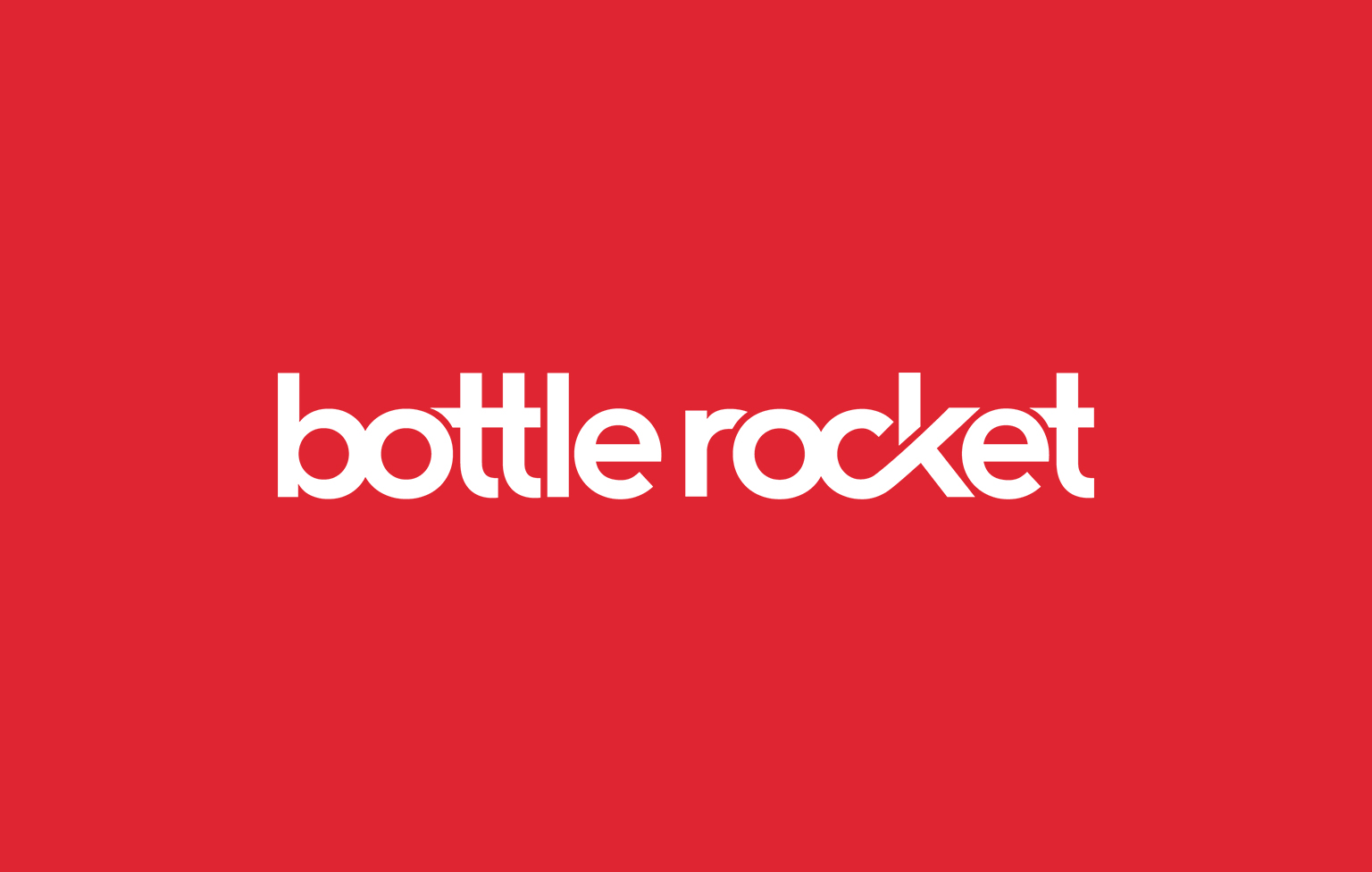Last week, we hosted a webinar to recap all of the big developments coming out of Google I/O 2017. Here are three key takeaways from the webinar, which featured Bottle Rocket’s Amy Czuchlewski, Luke Wallace, Jared Stockton, and Lee Brown plus some additional news and notes from the year’s most anticipated developer conference.
Getting Conversational
Google Assistant is spreading and improving. Though iOS users will still have Siri available to them, Google Assistant is coming to Apple devices (as well as a number of new Android devices). Many believe Google’s offering to be the superior AI personal assistant, and many improvements to Assistant were announced at I/O. Users will be able to type their questions to Google Assistant in case they’re in a noisy place where words might get crossed (or somewhere they should be quiet—we’re talking to you, guy yapping away in everyone’s ear on the crowded rush hour subway car). If they haven’t already, brands might want to start thinking about planting their flag in the conversational space. A good assistant app and being able to own certain conversations and searches will go a long way in our talk-to-get future.
Interested in how it works? Let Luke tell you the rest. Get your copy of “You Should be Using Google Assistant Apps”.
Kotlin Is Here
We forgive you if hearing the word “Kotlin” doesn’t get you super excited. But maybe it should! That’s because the majority-developer audience at I/O erupted in cheers when it was announced that Google is officially embracing Kotlin, a programming language that, uh, well, is pretty awesome (as you likely by now have gleaned, a developer I am not). But here’s the deal: Kotlin will make app development on Android a heck of a lot easier for programmers, which is a welcome development for all of us. Some Android apps are a bit notorious for being a bit wonky at release or need extra time for updates when compared to their iOS counterparts. That’s partly because iOS apps have been a bit easier to build. Not anymore.
All Around the World
Google Assistant is being rolled out in many new locales and languages across the globe—Brazilian Portuguese, French, German, and more, while Assistant on Google Home is coming to Australia, Canada, France, Germany and Japan by the end of the year. While this is welcome news for consumers and marketers in these markets. Google announced that there are now over 2 billion active Android users around the world. Still, a large percentage of the population remains unconnected, so there remains a focus on how mobility will evolve in places where technology and infrastructure challenges remain. Are apps a good play in emerging markets? That’s why the emergence of Progressive Web Apps is piquing interest. Progressive Web Apps is a way to bring certain parts of a web site to a low connectivity user, essentially mimicking an app experience without the full options or need to download. And some features are even available offline. Progressive Web Apps could end up being a key, low-entry way to reach consumers who are new to the mobile experience and lack powerful connections.
All The Rest:
- Image recognition will be as big a part of our future as voice-commands; Google Lens offers a view into that future. With Lens, pointing your phone’s camera above a storefront can instantly pull up reviews and other information. Lens can also identify paintings, flowers, buildings. Along with the surprisingly popular Google Photos app, Google isn’t just turning your phone into a visual search and organization tool, it’s collecting a whole bunch of visual data, too.
- Google will be rolling out standalone Daydream VR headsets that don’t require the use of a smartphone. And for those still using their phones for VR experiences, Samsung Galaxy users will soon be able to hop on the Daydream train. As for AR, the Google Expeditions will be coming to classrooms next school year. The Tango-enabled experience brings virtual, 3-D depictions of things like volcanoes and DNA strands directly into the room with students. While there are many valuable uses for VR and AR, education may be the most socially beneficial.

